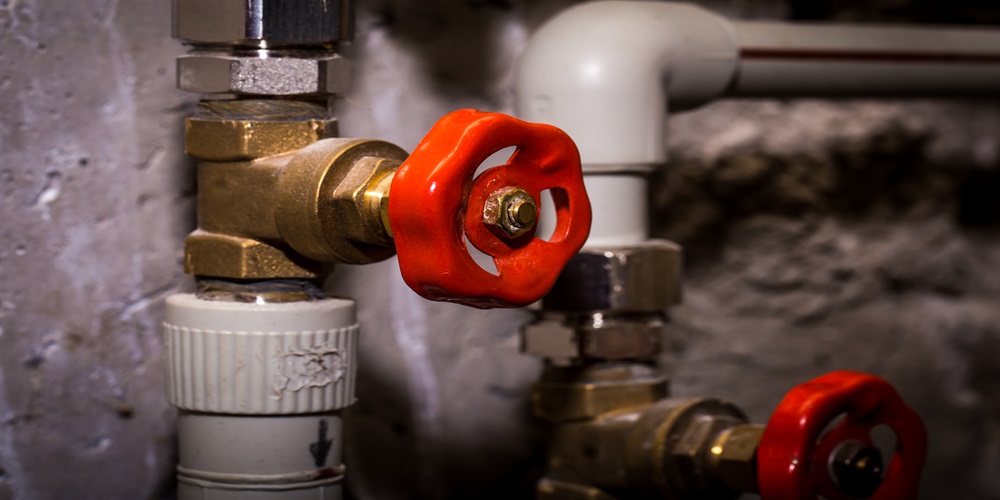Many properties use septic tanks to manage waste. Septic tanks house all kinds of liquids and solid wastes from homes, farms, industries, and commercial establishments. Only the municipal sewerage system can handle such large disposal networks.Your septic tank only accommodates a limited amount of waste at a time. Raw sewage is uncommon in home septic tanks. However, overlooking routine maintenance always proves detrimental. Incomplete sewage decomposition in septic tank leads to toxic fumes and gas, raising their toxicity. It can lead to a mess if there is a failure, which puts your family at risk of inhaling harmful substances.
You can prevent these health risks by conducting routine septic tank maintenance. Your actions ensure harmful substances are far from your home. Therefore, schedule routine maintenance services to protect the integrity of your septic tank pumping.

Septic tanks contain different types of waste. Most waste from households, commercial spaces, and industries ends up in septic tanks. Solid wastes are broken down by microbes, with the resulting effluent going into the drainage.
In most cases, septic tanks have poor architecture and receive excess waste adding to the woes. Further use of chemical cleaners kills beneficial microbes that break down organic waste. These chemicals cause septic tank dysfunction.
An enclosed septic tank with incompletely decomposed sewage and waste causes the accumulation of hazardous fumes, vapour, and toxic gases. These fumes increase the toxicity of the septic tanks.
The high toxic levels and low oxygen levels kill even scavengers entering the septic tanks. It results in physical discomfort, death, and disease due to the lethal levels of the gases.
What are the primary gases present in septic tanks?
Methane: It forms from organic matter decomposition under limited oxygen. Remember that methane is a colourless and highly flammable gas.
Hydrogen sulphide: this is a byproduct of septage digestion with limited oxygen. Hydrogen sulphide is highly soluble in water. Therefore, it dissolves in the sewage and forms gas pockets with a rotten egg smell. When the sediment is disturbed, the sludge releases gas, causing harm to the person.
The quantities of the gases depend on pH, temperature, time, and compositional performance.
Septic tank systems can fail if there is a lack of gas exhausts, maintenance, pipe leaks, drain backups, or excessive use of chemicals. This failure causes the formation of toxic gases, which accumulate to lethal levels. Exposure to the gasses causes respiratory complications, unconsciousness and death.
In short, septic tanks are death traps, which is why in some countries there are laid-down rules against manual scavenging. Authorities only allow sanitation work in emergency cases. However, it is mandatory to take precautions and wear safety gear.
Besides, an ambulance must be on standby at that location before work starts.
Conclusion
The inability to maintain your septic tank properly will eventually lead to serious hazards for your family’s health. The toxic gases are produced in the process causing a lot of trouble to the health if they are not taken care of carefully. The quality of the service can be gauged by seeking the certification of a licensed expert and timely operations of the septic tank by performing frequent inspections and pumping. What is more, ensure to only choose the ones that are experienced and have their contractor licenses installed to ensure the structural integrity, longevity, and to fulfil, the local regulations. Hence, taking care of the following precautions will be keeping alive not only your family members but also the environment we live in, free of contamination. Please wait on the critical part of the house maintenance – hire professionals for better service and yours safety and health.

